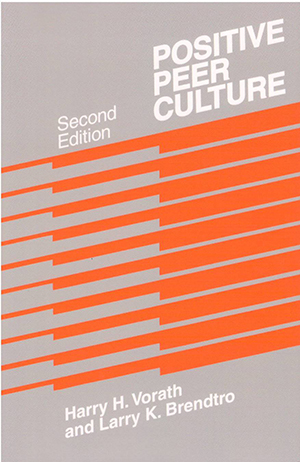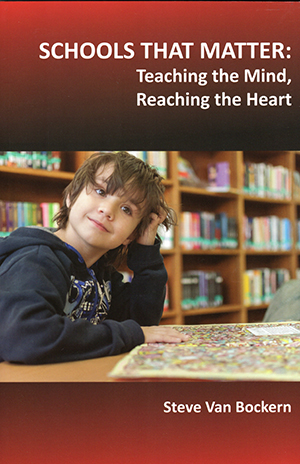This path-breaking work holds that youth at risk can only develop responsibility and self-worth through commitment to the positive values of helping and caring for others. Positive Peer Culture (PPC) has a practical orientation that is embraced by teachers and youth workers. These concepts have been applied in a wide variety of educational and treatment settings including public and alternative schools, group homes, and residential centers. The authors describe specific procedures for getting youth \”hooked on helping\” through peer counseling groups, and for generalizing caring behavior beyond the school or treatment environment through community-based service learning projects. Young people today are in desperate need of an antidote to the narcissism and antisocial life-styles that are so prevalent. This book provides a way of meeting their need to contribute to some important purpose. PPC is now listed as a research-grounded practice on the California Evidence Based Clearinghouse.
Routledge (1985). 198 pages.
Reviews
“This practice-oriented book argues that powerful peer influences can be used beneficially. What is different about Positive Peer Culture is the explicit focus on the peer group as important agents of change. Staff do not relinquish their responsibility but play an active role in helping to define goals, fostering a caring climate in group meetings, and facilitating problem solving skills.”
—Maria Callias, Journal of Child Psychology and Psychiatry
“Positive Peer Culture takes society’s little losers—angry, aggressive, maltreated, and often unwanted children—and teaches them to care about others.”
—Howard James, Pulitzer Prize winning author of Crisis in the Courts
“We have needed a group process which is relevant to professional and lay worker alike. It must be explicit so that all can understand. It must involve the youth themselves. This book will be a godsend.”
—William C. Morse, Professor of Education and Psychology, The University of Michigan


